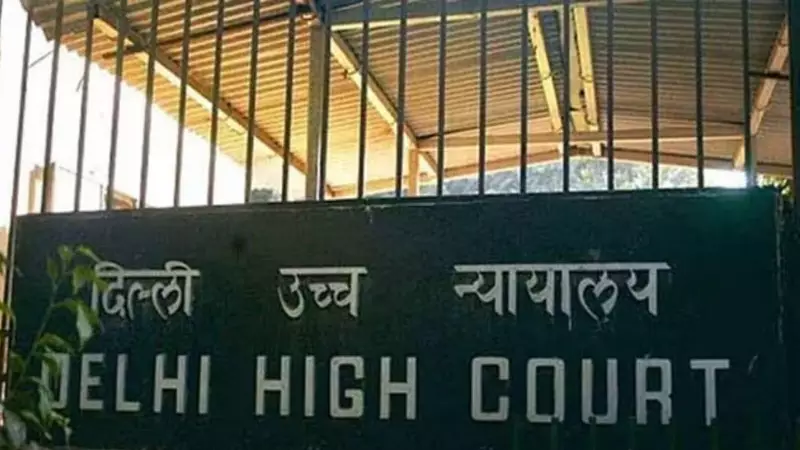
In a significant legal development that has sent ripples through the entertainment industry, the Delhi High Court has issued a restraining order against a film production house, preventing them from using a prominent beverage company's trademark in their upcoming movie 'BroCode'.
Court's Firm Stance on Intellectual Property
The Hon'ble Court delivered a clear message about the sanctity of intellectual property rights, emphasizing that no entity can freely use established trademarks for commercial gain without proper authorization. The bench, comprising distinguished justices, heard arguments from both parties before arriving at this decisive judgment.
The Core of the Dispute
At the heart of the matter lies the film studio's intention to incorporate the beverage giant's recognizable mark within their cinematic production. The beverage corporation, represented by their legal team, argued that such usage would create confusion among consumers and potentially dilute their brand value.
The production house countered with creative freedom arguments, suggesting their usage fell under artistic expression. However, the court found merit in the beverage company's concerns about trademark infringement and potential brand misrepresentation.
Legal Precedent and Implications
This ruling sets an important precedent for the Indian entertainment industry, where product placement and brand references have become increasingly common. The judgment clarifies the boundaries between creative expression and intellectual property protection, providing much-needed guidance for content creators and brand owners alike.
Industry Reactions and Future Impact
Legal experts suggest this decision will force production houses to be more diligent about obtaining proper clearances before featuring established brands in their content. The ruling also empowers corporations to protect their trademarks more aggressively against unauthorized usage in media productions.
As the film industry grapples with this new legal landscape, production companies are likely to implement more robust clearance processes for brand references in their scripts. This case serves as a cautionary tale for content creators navigating the complex intersection of art and commerce.
The matter is scheduled for further hearing, where additional aspects of the case will be examined. Both parties have been directed to maintain status quo until the next proceedings.






